While You Weren't Looking - A Slick South African Lesbian Romance
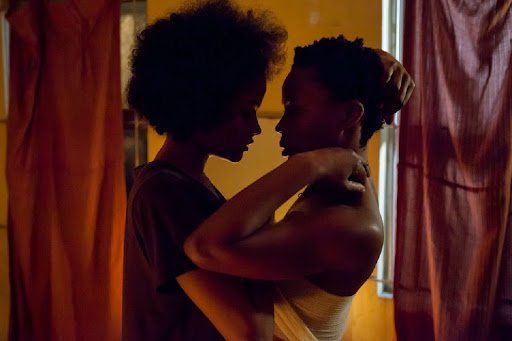
- A Slick South African Lesbian Romance
Frameline 39 ended last week. The 10-day granddaddy of LGBT film festivals, always brings a rich array of queer-themed films and shorts from around the world. Africa is usually present with a handful of offerings – nothing on the order of what comes out of Europe and Latin America – but what comes is always interesting and usually, for Western audiences, educational.
And Westerners might not be aware that the Republic of South Africa is a fully modern state, on the order of any country in the so-called developed world. Its film and TV industry is as technically competent and sophisticated as any of its Western counterparts. One need no further proof of that than the new South African independent film, While You Weren’t Looking, directed by Catharine Stewart. The film was financed, in part, by Out in Africa, the South African Gay & Lesbian film festival. As the festival proclaims on its website: South Africa led the world with its all embracing Constitution, granting homosexuals unprecedented freedoms and rights. This feature . . . takes a look at South Africa through the lives and experiences of a cross section of Cape Town queers.
The film focuses on two sets of lesbian relationships.
Dez and Terri, a mixed-race couple married 20 years and adoptive parents, they are the trailblazing lesbians of the New South Africa. But, have these freedoms guaranteed them happiness?
Asanda, their 18 year old adopted daughter, is the poster child for South Africa’s diversity but describes herself as “an experiment”, being made up as she goes along. She meets Shado, an enigmatic Tommy Boy [butch lesbian] from Khayalitsha, a township on the edge of Cape Town, and a different picture of the New South Africa emerges.
While You Weren’t Looking is nothing if not sophisticated. The cinematography is striking, oftentimes beautiful and self-consciously artful. Dez and Terri’s house is a gorgeous aerie of pool and balcony and exquisite furniture. The acting is uniformly excellent; the dialogue more than serviceable. It is thoroughly enjoyable to watch. And, being South African, there’s no lack of political discourse or overt examination of class difference. Interestingly, although Dez and Terri are a mixed-race couple, theirs seems to be a perfectly post-racial relationship, both rich and privileged and leading fabulous lives. But Dez is cheating on Terri, and much of the narrative’s drama hinges on that common bomb in domestic relationships.
Asanda is so smitten with the lower-class Shado that she travels to the township to spend a candlelit sex-filled night with her. By didactic coincidence, neighborhood tsotsis break into the house the following morning searching for stolen drugs and Asanda is mugged and nearly raped. This sends her scurrying back to her pool and balcony.
I am struck by the split between the personal and the political in this movie. Although the political is present, it is present through overt lecturing about queer freedom or references to South Africa’s gay and lesbian history. Some of the couple’s party guests wonder if their revolutionary impulse hasn’t been coopted by constitutional fiat. And there is a (white) professor of Asanda’s who shows shocking pictures of sexual behaviour (a dyke with a large strap-on) and opines that queering all binaries leads toward ultimate freedom.
Yet the center of the film is the emotions and interrelationships of its principals – rather than its principles. Of course the romance of Asanda and Shado will founder upon the rocks of class difference, but the script opts for a spectacular, violence-filled break rather than life’s usually slow and unspectacular realization that this just can’t work. And the trajectory followed Terri and Dez is familiar to all who love Lifetime movies: a chance discovery leading to suspicion; suspicion confirmed; crisis (this one involving, to me, obscure symbolism about throwing dresses into the swimming pool); resolution. “Don’t leave me, Dez.” While You Weren’t Looking is, at heart, a romance.
There’s nothing wrong with this. Not everything that comes out of Africa has to be focused on race, political dictatorship, the disaster of war, disease, and poverty. It’s good that the continent can produce lighter fare, even in the contested area of sexuality. While You Weren’t Looking inhabits the same class as the power lesbians of Capetown, one in which the personal can take precedence over the political. But homophobia, even though constitutionally condemned, is alive and lethal in the townships and tribal areas of the country. As a Tommy Boy, Shado’s life in the township is dangerous and defined by her class; the film is clear about that.
Recent Posts
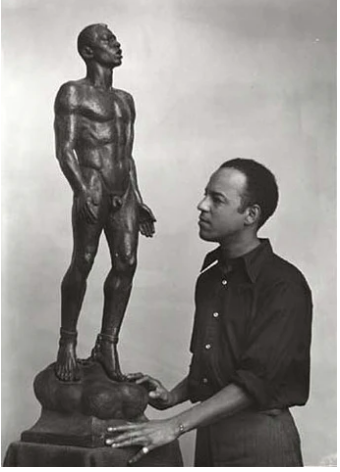
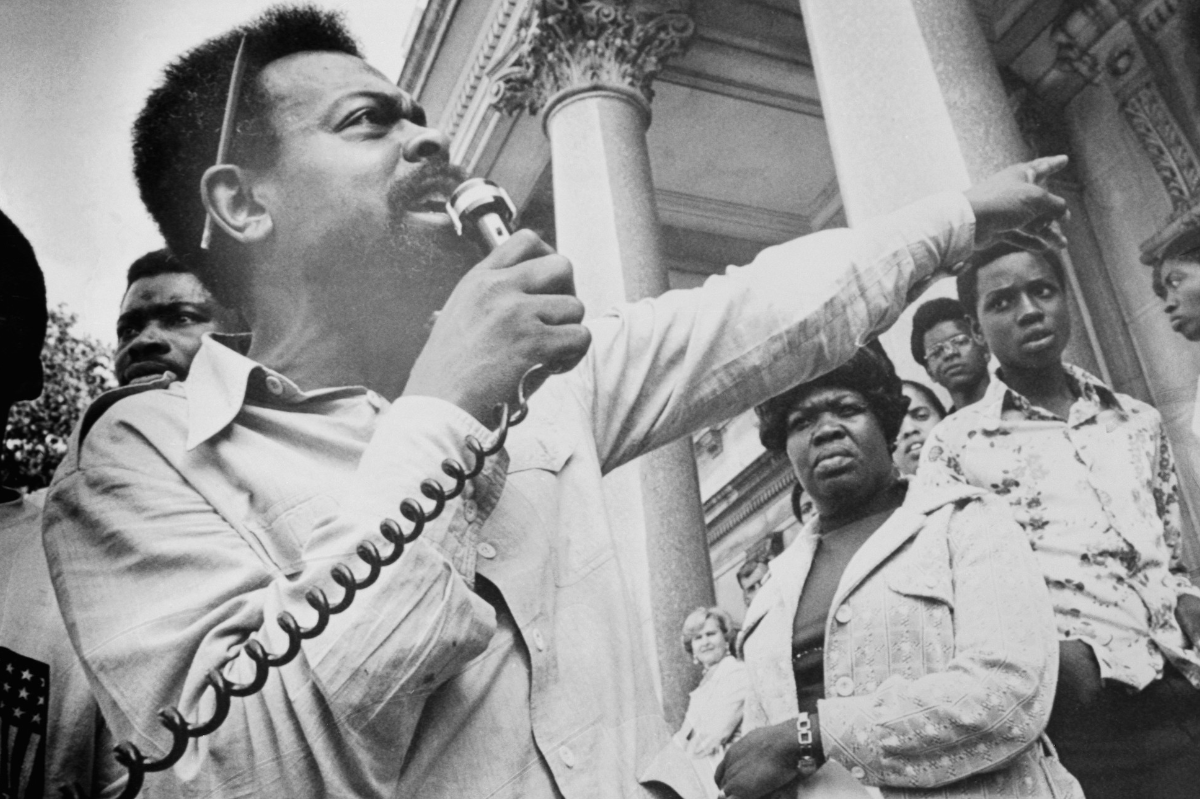
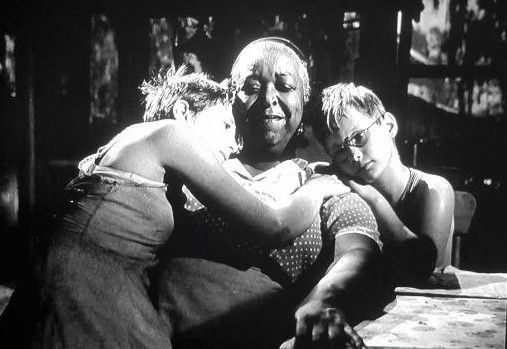
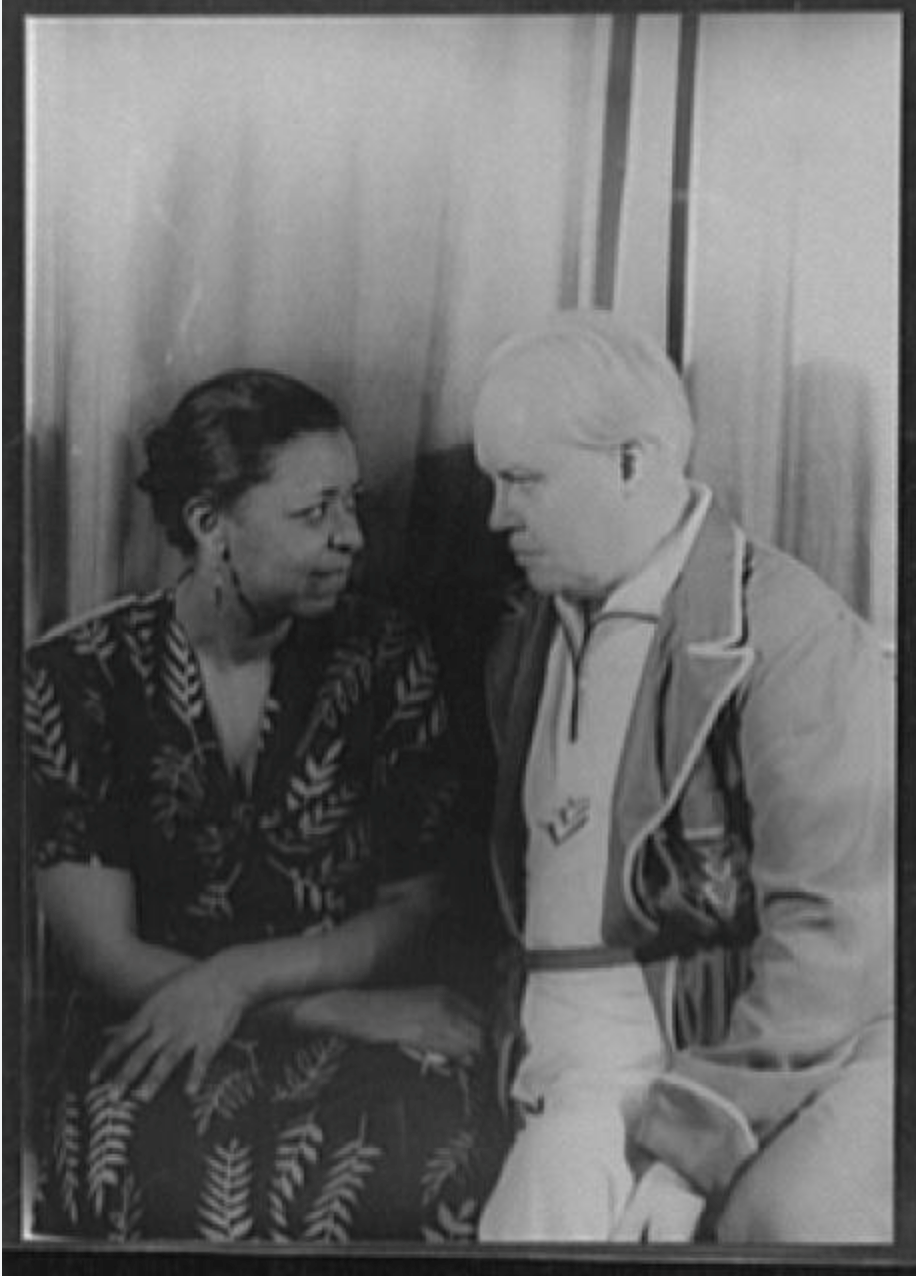
SHOGA FILMS is a 501(c) (3) non-profit production and education company. We create multimedia works around race and sexuality that are intended to raise awareness and foster critical discussion.
Contact Us
All Rights Reserved | Shoga Films
Stay Connected
Thanks for subscribing!
Please try again later.


